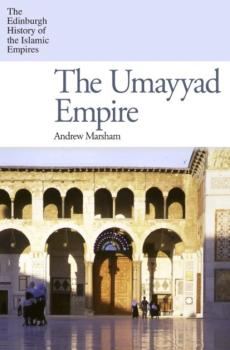The Umayyad Empire (644–750 CE) was the first Islamic empire and one of the largest empires of ancient and medieval times, extending over 5,000 miles between the Atlantic Ocean in the West and the Indian Ocean in the East. This book traces the empire’s origins to the Arabian Peninsula and the Syrian Steppe in the centuries before Islam. It explores the dynamics that shaped this formative era for the history of the Mediterranean, North Africa, the Middle East and Central Asia.
News
27 May 2025
Dr. David Mozina gave a lecture entitled “The Ontology of Writing: The Workings of Talismans in Daoist Practice” for the East Asian Studies Seminar at Tel Aviv University.
27 May 2025
Professor Yasir Suleiman, CBE, FRSE, FRCPE (Hon.), Ambassador of the University of Sarajevo, has been elected Honorary Professor of the University of Jordan on 1 May 2025 in recognition of his internationally leading scholarship in the study of language and society in the Middle East.
27 May 2025
Sang Hun Seok’s latest article in The RUSI Journal analyses how multipolarity has become the centrepiece of Pyongyang’s strategic narratives, not merely as a description of the world but as a strategic goal that it now actively pursues.
23 May 2025
Article in Engelsberg Ideas by Dr Nilsson-Wright
21 May 2025
Professor Saloumeh Gholami’s ‘Historic Visit’ to India (December 2024).
- ‹ previous
- 2 of 14






